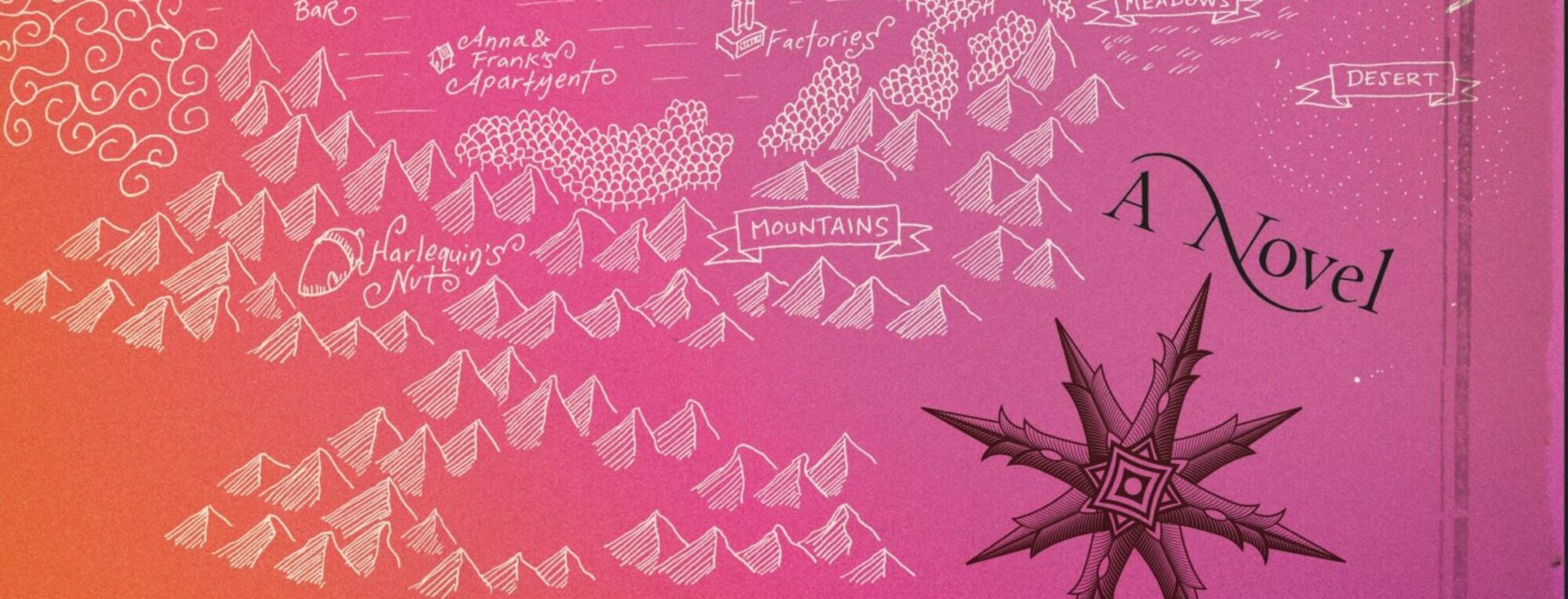 So, I have a couple new pieces on the Substack that I really wanted to tell you about! Coming out today, I have a science fiction story called “The Tender Brigade” that is a riff on the fact that the US military has been developing lethal, autonomous military robots with, um, “ethical” capacities. And because this is a story by me, the ethical, military robots are also gay, and very sexual.
So, I have a couple new pieces on the Substack that I really wanted to tell you about! Coming out today, I have a science fiction story called “The Tender Brigade” that is a riff on the fact that the US military has been developing lethal, autonomous military robots with, um, “ethical” capacities. And because this is a story by me, the ethical, military robots are also gay, and very sexual.
Next, I wrote an essay called “This Is the One About Class,” which details exactly what economic class I currently am, plus the class that I grew up in. This one was hard to write — it’s about, among other things, growing up on welfare, but much later on becoming economically privileged through the pure luck of the draw. And how I feel about that very complicated reality. It’s very much about the shame many of us feel about being poor, and about how easy it is to be attracted to the false claims of elitism (the idea that we get better stuff in society BECAUSE WE’RE WORTH IT! I’m proud of this piece, so I’d love it if you’d take a read.
Finally, I have some neato events coming up! Lit Lit in Beacon is Friday, May 5 at the Howland Cultural Center, from 7-9 PM. We have our very first LIT LIT MIXER scheduled for Thursday, May 11 at Homespun Foods, 272 Main Street in Beacon, 7-9 PM — an opportunity for all of us local readers and writers to meet each other and TAWK! And then, on Friday, May 12, I will be participating in a fantastic event called Twice Told Tales, where 10 writers write original pieces based on photographs by the artist Margot Kingon. At Norma’s, in Wappinger’s. Then on June 17 and 18th, get on down to the first Beacon Literary Festival, where I will be reading and talking about my work on the 17th. Would love to see you there. :-)







